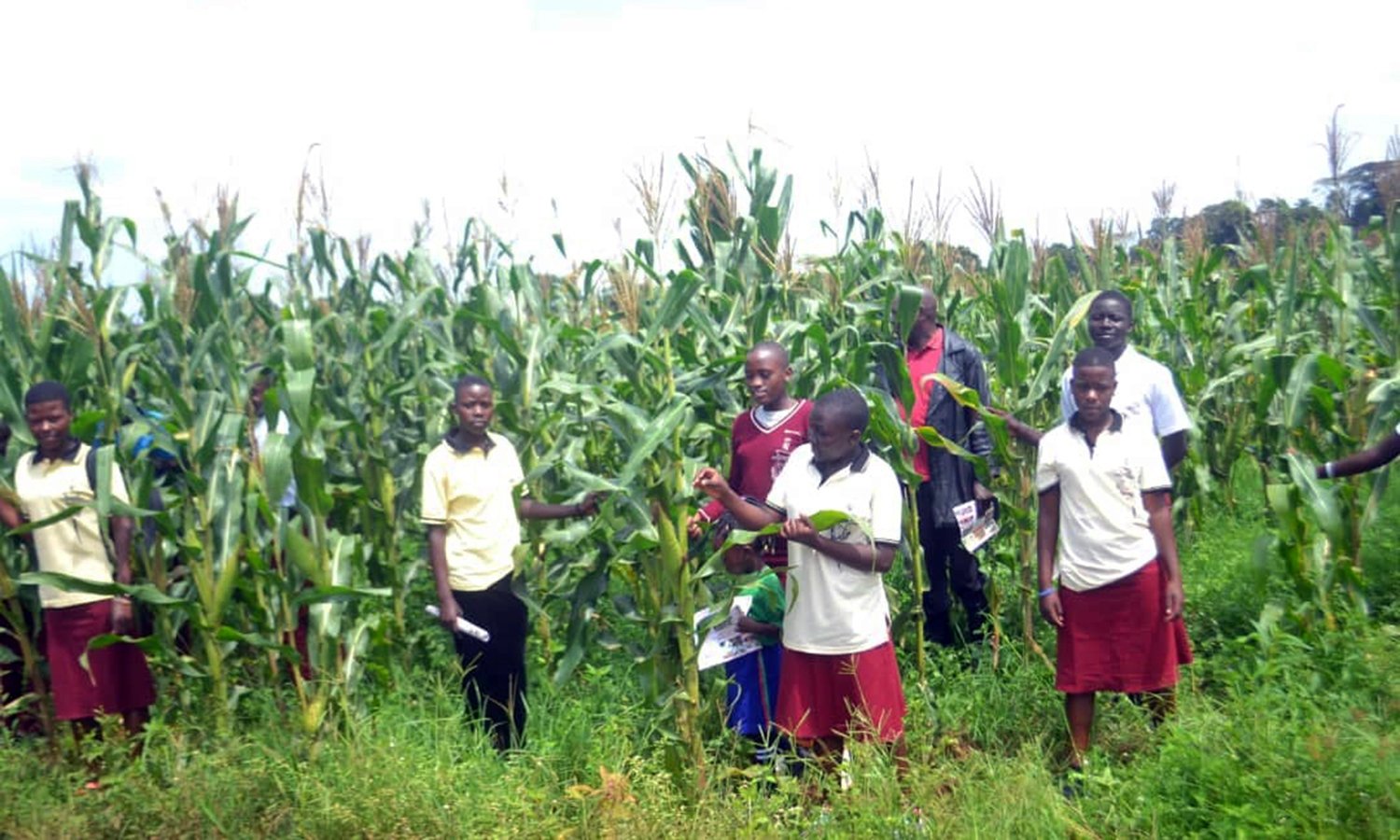Army general questions police intelligence
What you need to know:
- Not impressed. Brig Elly Kayanja, the former commander of Operation Wembley, faults the police’s mode of intelligence gathering and operations.
Kampala.
A one-star army general credited in the past for cracking down on armed gangs in the country, has questioned the quality of intelligence informing police operations and said criminals, in his view, “overwhelm” the Force.
The surprise charge by Brig Elly Kayanja, the former commander of Operation Wembley that, through a shoot-to–kill policy, broke the back of armed gangs in the city in early 2000s, was in response to questions from this paper on what he thinks about the ongoing crime rates involving guns, iron bar hitmen and pet robberies in the country.
“Police [are] trying [to fight crime], but they are overwhelmed. There needs to be proper intelligence information collection to identify these people [criminals] who are doing these things,” Brig Kayanja said in an interview in Kampala on Thursday.
His faulting of police’s mode of intelligence gathering and operations comes in the wake of increased armed robberies and killings in and around Kampala. The latest incident was the November 2016 morning shooting dead of Maj Muhammad Kiggundu, a senior Chieftaincy of Military Intelligence operative, by gunmen who fled on a motorcycle.
Before him, there was a spate of what appeared as targeted killing of Muslim clerics, several months after Joan Kagezi, a lead prosecutor in the 2011 terrorist bombing case, was shot dead in the evening in a city suburb.
Police spokesperson Andrew Felix Kaweesi, however, told this paper that despite the murder cases and general crimes, it does not necessarily mean they are overwhelmed.
“There is no security system in the world which is 100 per cent perfect. Even in the US, with both human and technological intelligence, you have been seeing what is happening,” Mr Kaweesi said by telephone on Friday.
Recently, Mr Kaweesi, also the Force’s human resource officer, admitted while closing a weeks’ homicide course for investigators and pathologist from Uganda and Kenya that several detectives fail to investigate capital offences to the climax because of poor attitude and commitment towards their work.
“We are all called detectives but that is not just a descriptive word. A detective is believed to have a sixth sense. It means when a crime is committed or is about to be committed, you are supposed to be able to see it before others and avert it,” Mr Kaweesi said.
Operation Wembley was renamed Violent Crime Crack Unit and later Rapid Response Unit. It has widely been accused of human rights abuses.
Brig Kayanja, now in charge of Operation Wealth Creation, said employment opportunities should be created for the youth and those idling in towns, something he said will reduce poverty and crime.
Police, Brig Kayanja said, should withdraw all guns in the hands of civilians if gun violence, murders and armed robbery are to be tamed.
“There are so many guns in the hands of civilians. Almost every civilian is having a personal weapon and others are still applying for guns to guard themselves .To me, it is not correct,” Brig Kayanja said in an interview with this paper.
Gun ownership and misuse in Uganda
The law. The Firearms Act, 1970, allows civilians to own licensed guns, including holding them in public places. There has been pushes from the Uganda National Focal Point on Small Arms to have a change of law such that firearms being barred from public places such as entertainment venues and schools.
Recently, this paper reported that up to 19,000 guns are legally in the hands of Ugandan civilians or private security firms.
Of these, between 2,400 and 3,000 are in the hands of civilians, majority of them politicians and businesspeople, while another 16,000 guns are held by private security firms.
Recently, Mr Obiga Kania, the minister of Internal Affairs, told this paper that another 500 applications for gun licences have been pending for years.
Mr Kaweesi said most of murders by guns are not as a result of firearms licensed by them.
Misuse. Last year, social worker Kenneth Watmon Akena was shot dead outside Lugogo Mall in Kampala allegedly by businessman Mathew Kanyamunyu, along with his Burundian girlfriend Cynthia Munwangari and brother Joseph Kanyamunyu.
Also in November, gunmen attacked former mayor of Kiira, Mr Mamerito Mugerwa, as he entered his residence in Bweyogerere Township. He escaped into his home and only fended off the gunmen when he pulled out his pistol and shot back.
The latest case of gun misuse is where Kampala businessman Ben Mugasha of Bemuga Forwarders Ltd is accused of using a licensed gun to settle a love-affair dispute.



